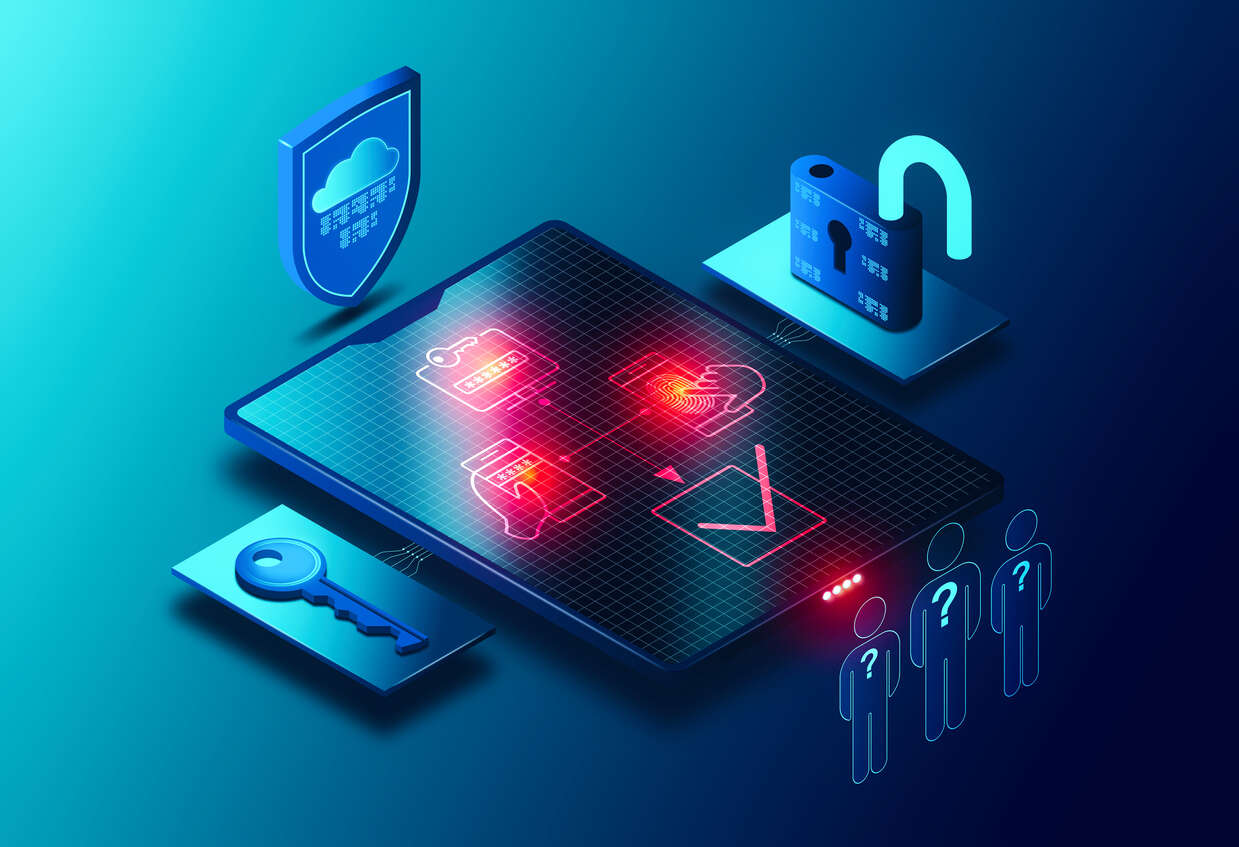ON THE WAY TO DAO REGULATION
On 17 January, leaders from a variety of sectors met at the World Economic Forum (WEF2023) in Davos, Switzerland, to discuss tokenisation at a panel entitled "Tokenized Economies, Coming Alive".
"Brussels must act to enable smart contracts to take off across the bloc. The European Union should consider a legislation to recognise decentralised autonomous organisations (DAOs) that govern Web3 applications,' said the Finnish communications minister.

It is necessary to 'think multinational' to avoid 'harmful regulatory competition' between the 27 members of the bloc and avoiding to modify thousands of different laws governing different types of contracts. The approach is reminiscent of the Regulation on Cryptographic Resources (MiCAR), which will create a uniform standard for every country if adopted. "We rely on the European Commission as a promoter and look forward to its work," the minister continued.
Europe has always been 'obsessed' with other issues such as online privacy control; GDPR is certainly necessary, but it is insufficient. We do not need that governments protect our data but to own our data so that we can manage it responsibly for ourselves.
New insights into Web3 are needed.

Possible legal structures
DAOs today face a fragmented and uncertain regulatory landscape.
The legal and regulatory matters raised by DAOs fall into 2 main categories:
- The legal structure of the DAO itself;
- How regulators might view the activities in which a DAO engages (the available legal options and regulatory responses will logically depend on the jurisdiction).
The main reason for creating a legal wrapper is to provide a set of useful or even necessary legal rights. One of the most important is limited liability.
DAOs have several legal wrappers at their disposal. Each legal entity structure provides a different set of compromises. The right approach for a DAO depends on its particular mission, community, size, stage of development and other factors.
The most popular legal forms are public limited companies (PLCs), limited liability companies (LLCs) and partnerships companies.
- The registration, governance and tax requirements of traditional SPAs are not suitable for DAOs because they assume centralised management and shareholders.
- The flexibility of LLCs has led them to be adopted as the preferred structure for many new organisations, including DAOs.
- The unlimited liability of partnerships, on the other hand, are generally inconsistent with the operations and objectives of DAOs.
Other recognised legal forms may include foundations, which may be private entities or public charities, established for some public interest purpose; trusts, which must act for the benefit of their principals by allowing, for example, the DAO to carry out activities such as opening a bank account or signing agreements as for a corporation. Cooperatives, which are owned by active participants or clients; while a non-profit association (UNA) in many US states can provide limited liability and favourable tax treatment for participants. Other DAOs are established as ownerless foundations under the laws of Switzerland, the Cayman Islands (foundation company) and the Netherlands (Stichting) which, unlike US foundations, do not require the identification of shareholders, managers or beneficial owners.
Each of them has different characteristics that could fit well with DAOs.

After all, it took two decades to figure out how to regulate online data flows, so the regulation of smart contracts may also take some time.
Here, MiCar could act as a bridge between Web3 technology and entry into the digital economy.